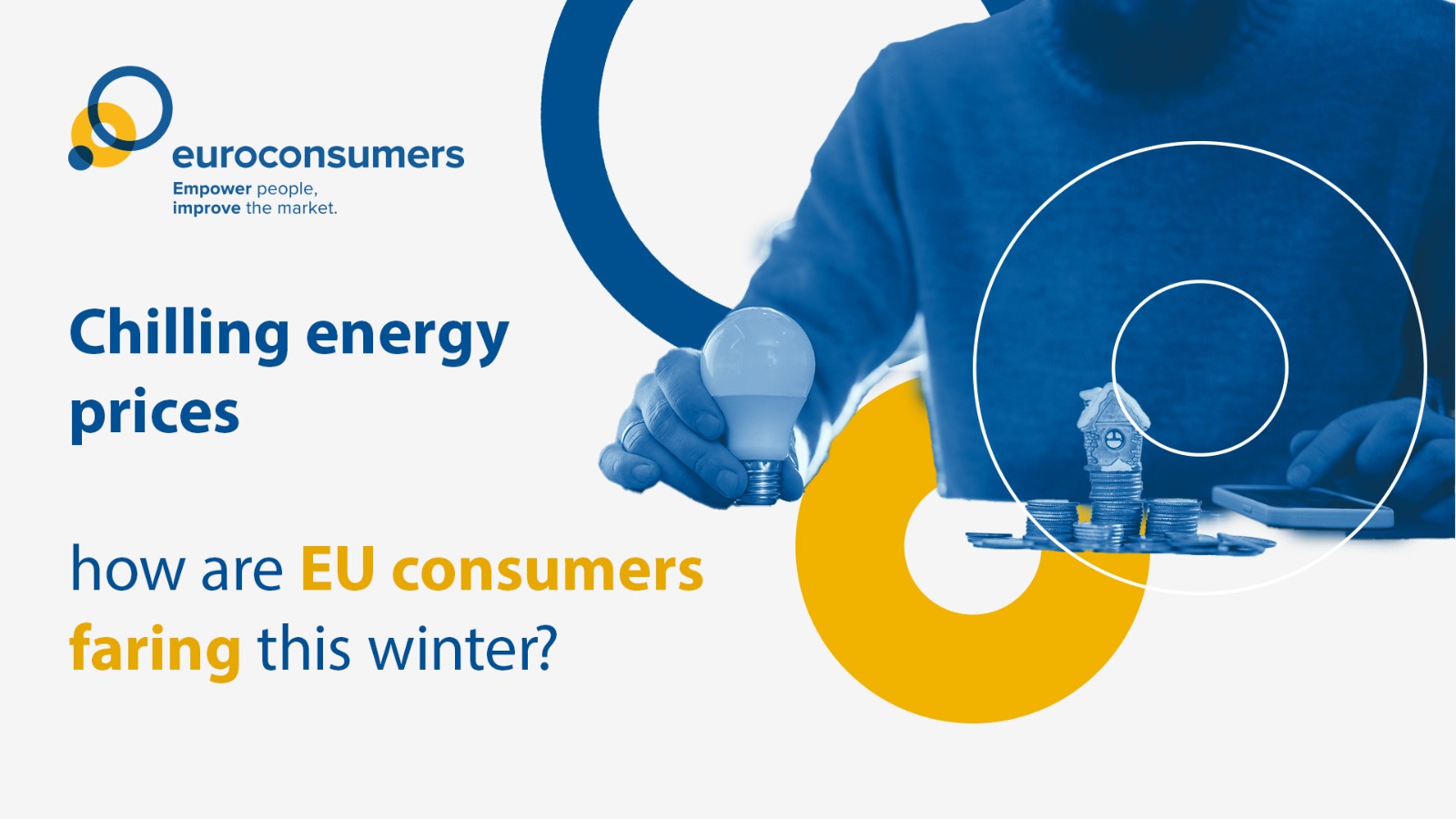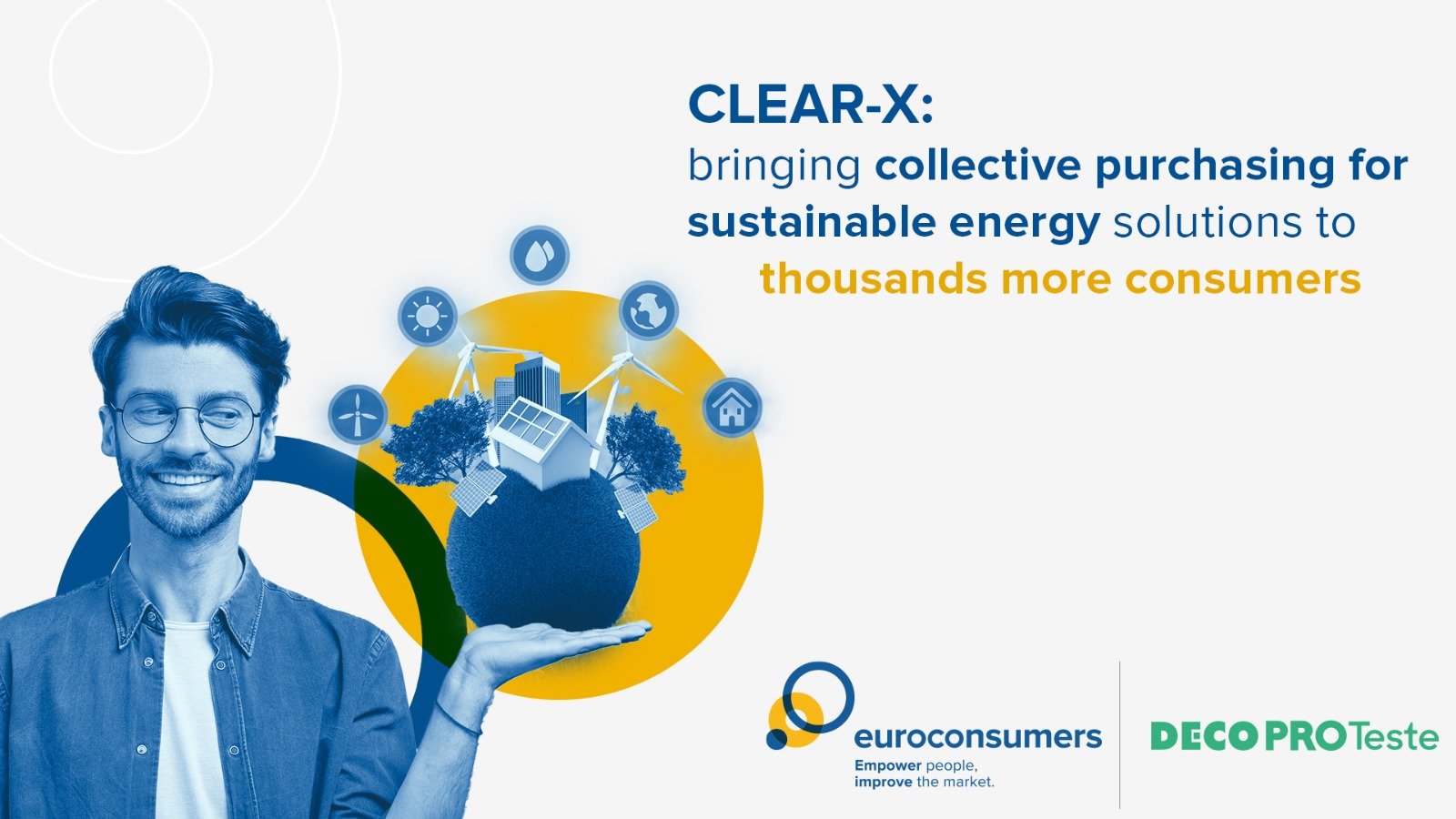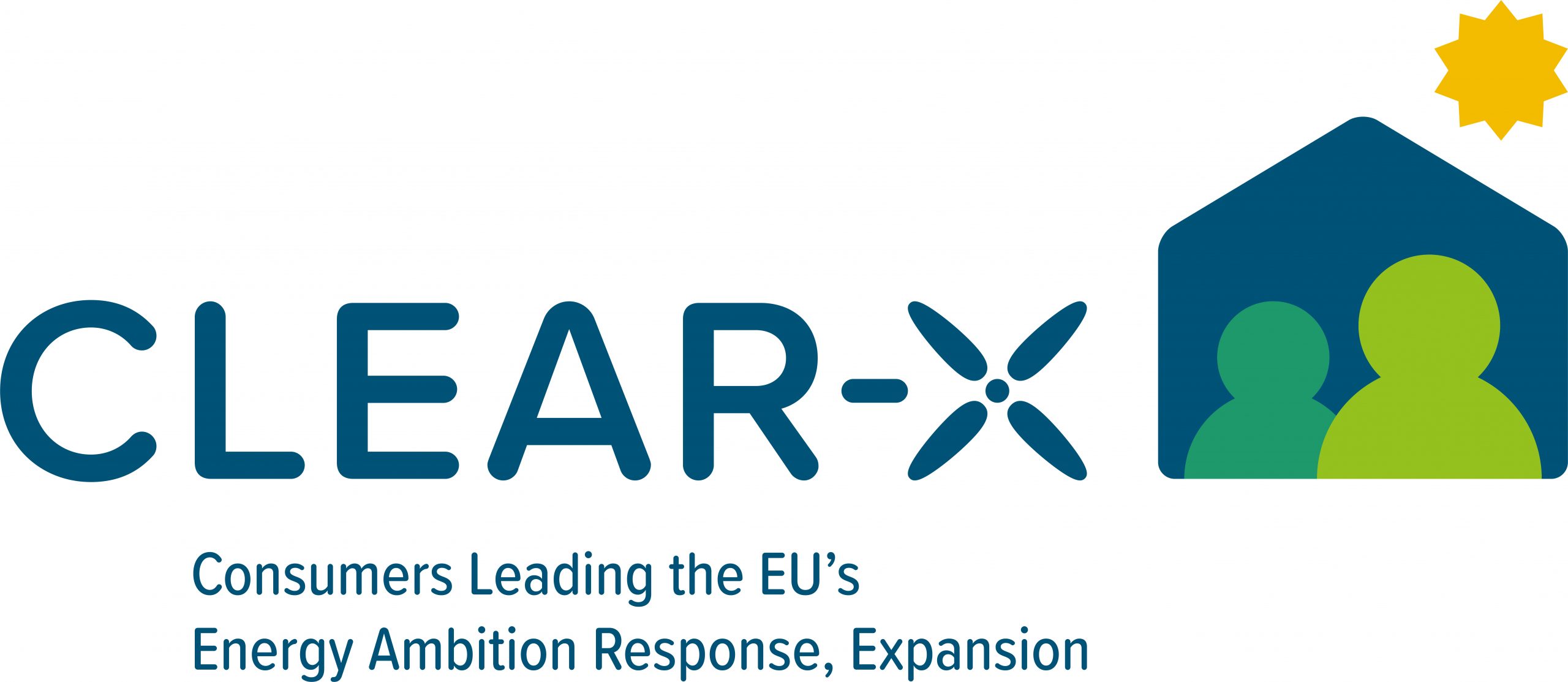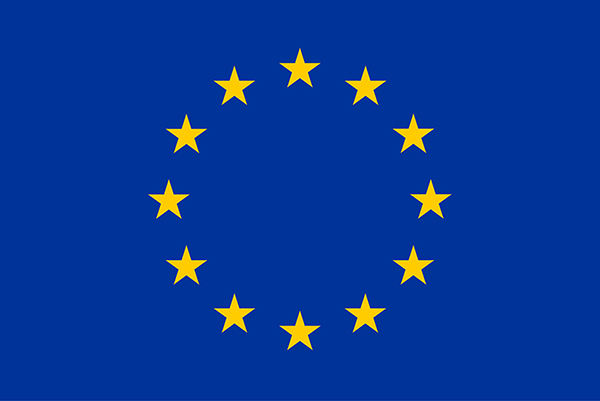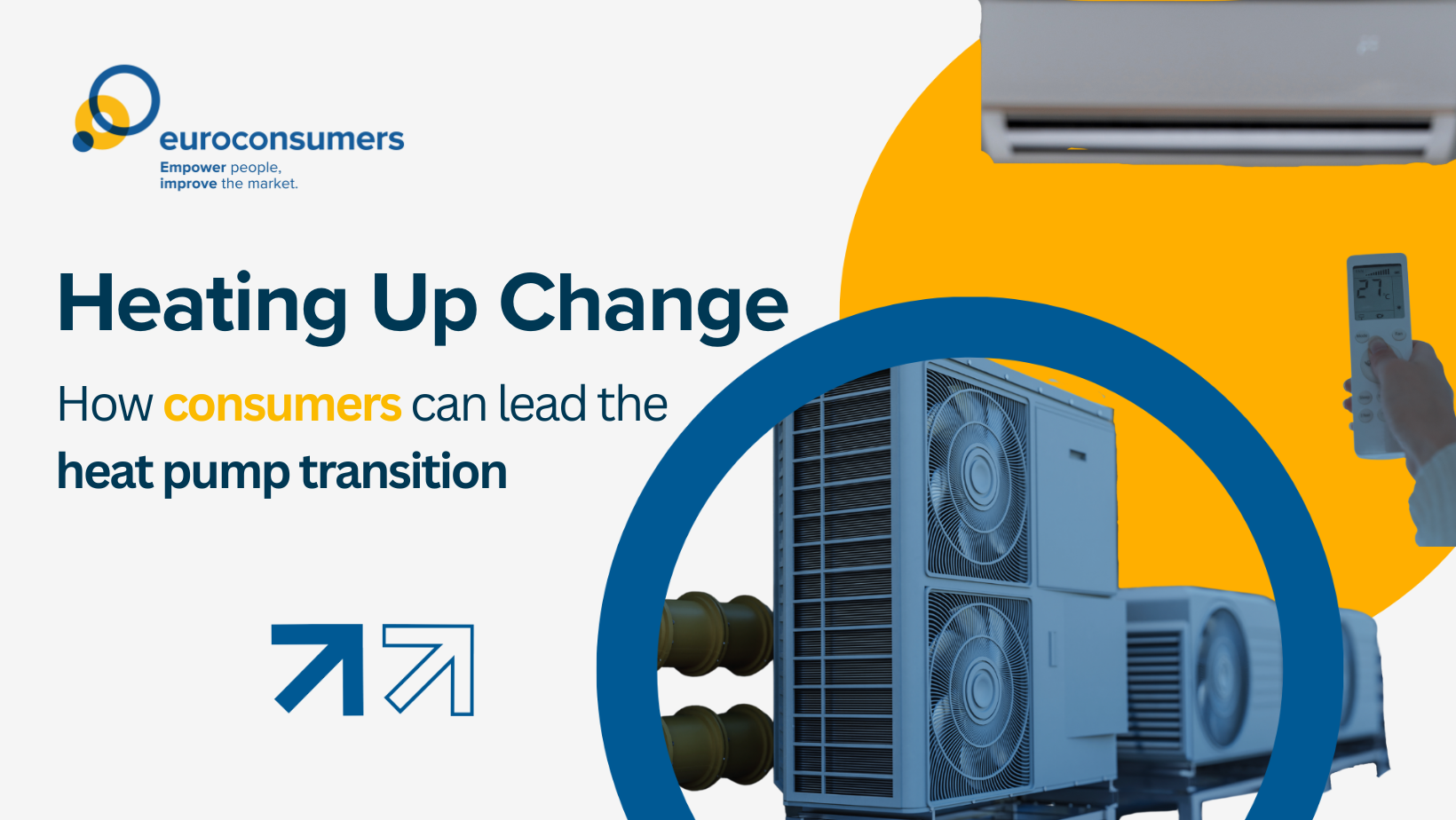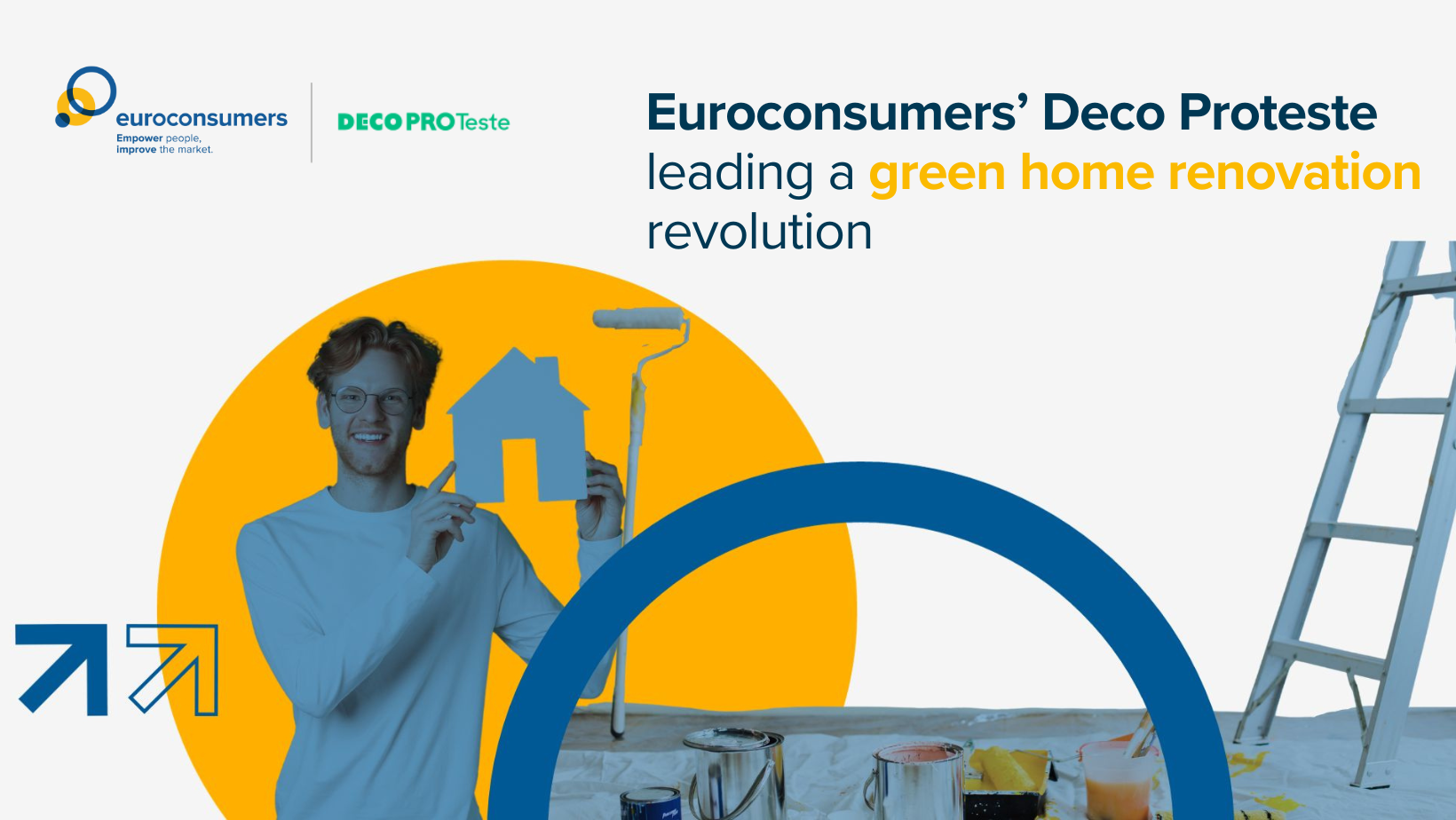What did CLEAR-X set out to do?
The CLEAR-X project stepped up to deliver on all these needs in new markets where collective purchasing for renewable energy and energy efficiency in most cases had not yet been extensively tried.
The project consortium included six national consumer associations: LCA in Lithuania, BNAAC in Bulgaria, CCA in Cyprus, OPM in North Macedonia, SOS in Slovakia and ZPS in Slovenia. DECO PROTeste trained them in the foundations of collective purchasing schemes, and worked alongside them to tailor schemes to the unique circumstances of their country and consumers. The full results of the project can be found at: https://www.clear-x.eu/results/
What did we learn from the CLEAR-X project?
A new report from the CLEAR-X project will be published this week which details the activity, results and lessons learned from this phase. Here are some headline learnings:
Collective purchasing schemes take time and a lot of groundwork to activate consumers engagement
Five out of six of the CLEAR-X consortium members were running collective purchasing schemes for the first time. At the same time, many consumers were unfamiliar with both the purchase process and the technologies in the scheme were unfamiliar and relatively complex. Consumers needed both support to get to grips with all the benefits and risks of the new technologies and the way in which the purchasing registration and contracts worked.
The support required by consumers was an in depth blend of advice, guidance and tools. These covered all aspects from why reducing carbon was so important, to calculators that helped assess investments and savings. A phone line gave much richer detail on the type of questions people had, which were then fed back into a list of FAQs.
Collective purchasing for sustainable energy products and services needs more than just a one off intervention, it takes time and effort to build up knowledge and confidence in new markets. Slovenia had the best results, where consumer organization ZPS had already carried similar campaigns.
Full package of policy, finances, products and consumer engagement is essential
The success of the individual CLEAR-X schemes was tied to the maturity of the market for energy efficiency products and technologies in any one country. In this relatively new market for domestic sustainable energy solutions, advocacy and lobbying efforts for things like eco-subsidies, loans or tax breaks are needed to nurture both the supply and demand side.
The project partners encountered a mix of government incentives. On the plus side, some new support schemes were announced by governments, but in other places schemes were postponed or even halted which makes it incredibly difficult for consumers’ to base decisions around. It is critical that state schemes are simplified and consistent. They should provide long-term predictability as consumers make significant investments, requiring financial motivation and advanced planning.
Blending technical knowledge with national insight helped trust and quality
CLEAR-X blended the established technical experience from DECO PROTeste in one market with the knowledge of policy, consumer behaviour and product development in another. In this way, the national consortium members were able to quickly adapt and respond to different policy, cultures, economic outlook and supply issues to make the scheme as appealing as possible to consumers.
For example, the centralized email and registration system developed by DECO PROTeste worked very well, but the content of communications was tailored very differently for each market.
Being responsive to local markets and innovating with different marketing and communications is essential to the success of a group purchase. This requires a deep knowledge of the market which local organizations are able to bring along with an established, strong reputation.
Timing matters
The timing of the project from 2021-2023 did not make for the easiest of conditions. Immediately after the pandemic’s worst period, financial confidence was low and supply chain issues meant products were unavailable or delayed. The war in Ukraine and subsequent energy price surges led to panic amongst some consumers and skepticism about whether renewable energy would be the solution.
Renewable Futures: How CLEAR-X helped consumers lead the energy transition
These are just a few of the lessons learnt from taking a hands-on approach to delivering market shifting campaigns for sustainable energy solutions. As the CLEAR-X project comes to a close, a final event took place which took full stock of the outcomes, successes and learning.
Held in Brussels on Tuesday, 20 February 2024 Renewable Futures: How CLEAR-X helped consumers lead the energy transition debated with industry leaders, national consumer organisations and policy makers on what can be done to speed up the energy transition and get consumers on board with the shift to renewables.
